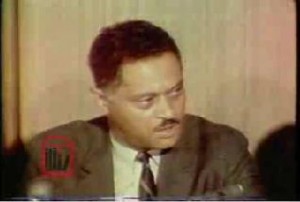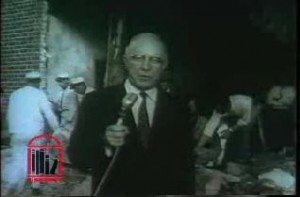
United States District Court Judge Horace T. Ward died on Saturday, April 23.
In 1950, Horace T. Ward became the first African American to challenge the racially discriminatory practices at the University of Georgia (UGA).
Although the all-white UGA School of Law rejected Ward’s application and a federal court subsequently upheld the university’s decision, Ward’s challenge to the university’s segregationist policies began a legal process that would eventually bear fruit in 1961 when Ward returned to Georgia to assist Donald Hollowell and Constance Baker Motley in their renewed efforts to desegregate UGA. On January 6, 1961, Judge William A. Bootle ordered UGA to admit two African American students, Hamilton E. Holmes and Charlayne A. Hunter, ending 175 years of segregation at the university.
Ward served as a partner of the law firm of Hollowell, Ward, Moore, and Alexander during the early 1960s. From 1965-1974, he served in the Georgia state senate. U.S president Jimmy Carter appointed him to a federal judgeship on the U.S. District Court for the Northern District of Georgia in 1979, which made Ward the first African American ever to sit on the federal bench in Georgia.
The Civil Rights Digital Library includes numerous archival collections, reference resources, and educator resources that refer to Horace Ward, they are available at:
http://crdl.usg.edu/people/w/ward_horace_t_horace_taliaferro_1927/


